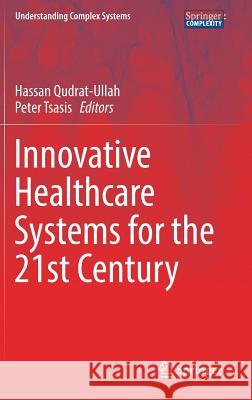Innovative Healthcare Systems for the 21st Century » książka
topmenu
Innovative Healthcare Systems for the 21st Century
ISBN-13: 9783319557731 / Angielski / Twarda / 2017 / 341 str.
Kategorie:
Kategorie BISAC:
Wydawca:
Springer
Seria wydawnicza:
Język:
Angielski
ISBN-13:
9783319557731
Rok wydania:
2017
Wydanie:
2017
Numer serii:
000307910
Ilość stron:
341
Waga:
0.68 kg
Wymiary:
23.39 x 15.6 x 2.06
Oprawa:
Twarda
Wolumenów:
01
Dodatkowe informacje:
Wydanie ilustrowane











